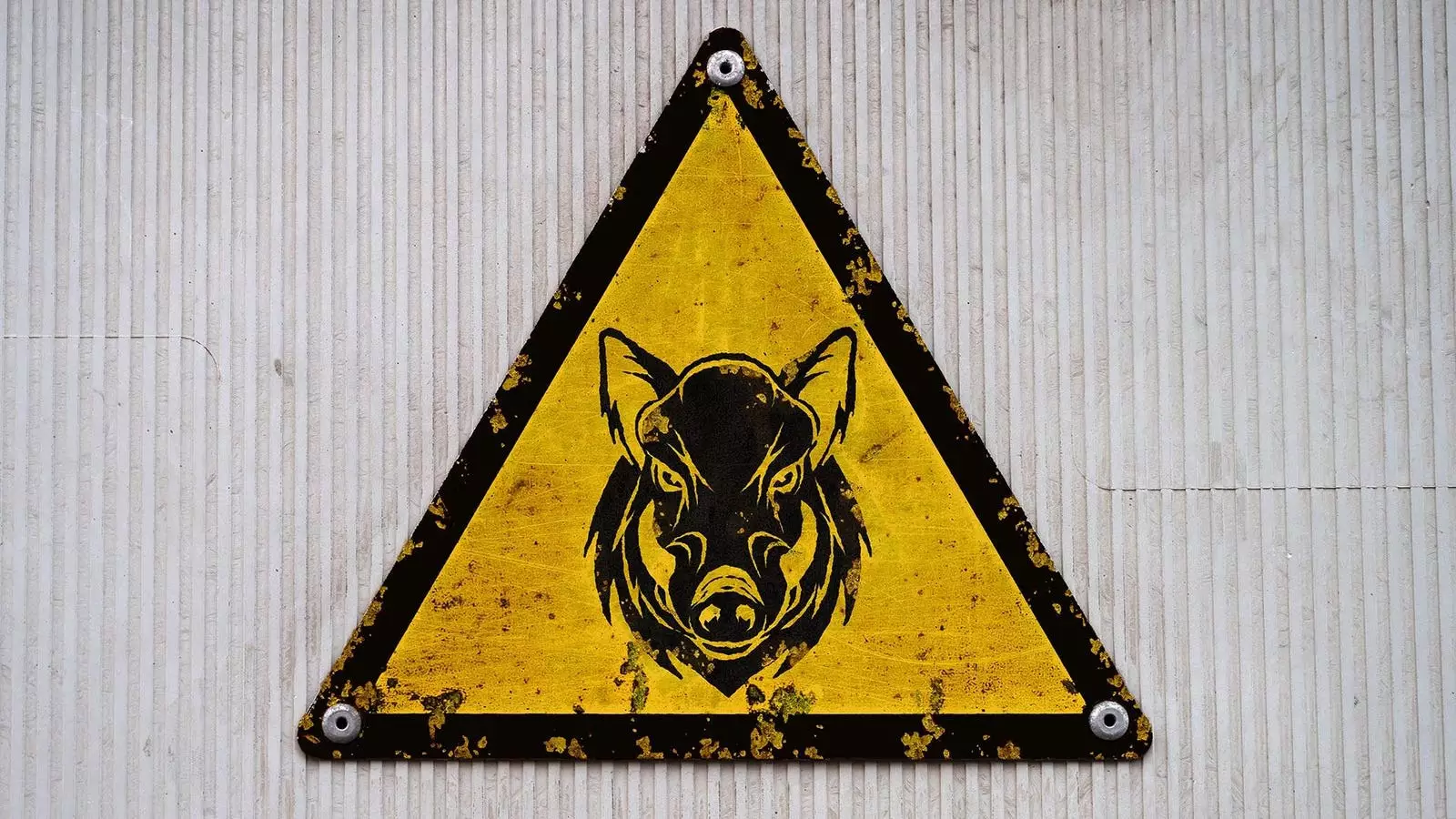The ramifications of workplace culture have become a focal point in discussions about the corporate environment at Boar’s Head, one of America’s leading deli meat manufacturers. Recent revelations concerning multiple lawsuits have cast a shadow over the brand’s reputation, highlighting disturbing allegations that range from sexual harassment to racial and disability discrimination. A closer examination reveals not only the nature of these allegations but also the broader implications they carry for both the employees directly affected and the public perception of the company.
One notable case emerged from a Boar’s Head distribution center in Groveport, Ohio, where employees reported a troubling atmosphere rife with severe racial bias. Allegations stated that Black employees were systematically overlooked for promotions and faced a hostile work environment, which ultimately raises questions about the management practices and internal policies of the company. This situation is not isolated. The frequency with which similar claims have surfaced—especially concerning discriminatory practices within the workplace—paints a grim picture of Boar’s Head’s organizational culture.
The allegations go further than just discriminatory practices. Former employees have described an environment marred by childlike behavior and vulgar conversations among the workforce. Reports suggest that discussions around inappropriate topics, including sexual activities and even bestiality, are worryingly commonplace. This behavior points to not only a lack of accountability among management but also a failure to foster a safe workplace, which is paramount in any corporate setting.
Equally alarming are the claims made by disabled employees, particularly a case from an Arkansas processing plant where two women alleged they were terminated while hospitalized, effectively leaving them without crucial health insurance during a time of need. Such actions, if proven true, undermine the company’s responsibility towards its employees and reflect a disconcerting disregard for worker well-being. The implications extend beyond individual cases, suggesting a systemic issue within Boar’s Head’s operational ethos.
In light of these serious allegations, Boar’s Head has categorically rejected the claims, insisting that they are “unsubstantiated.” However, the growing number of lawsuits raises significant questions about the authenticity of this denial. It is essential for companies of Boar’s Head’s stature to ensure a comprehensive and transparent approach when addressing accusations of this nature.
While the focus remains on Boar’s Head, it’s crucial to recognize the broader implications these allegations have across the food industry. As consumers become more informed and concerned about ethical practices within food production, companies must prioritize not only their business strategies but also the safety and dignity of their employees. This is underscored by ongoing innovations in diverse sectors, such as Africa’s rapidly developing poultry industry, which seeks to address sustainability and livelihood challenges differently.
As the investigation into Boar’s Head continues, it serves as a notable case study on the impact of workplace culture and the necessity for accountability in maintaining ethical standards within corporate America. Only through addressing these systemic issues can progress be made towards nurturing a more equitable work environment.


Leave a Reply